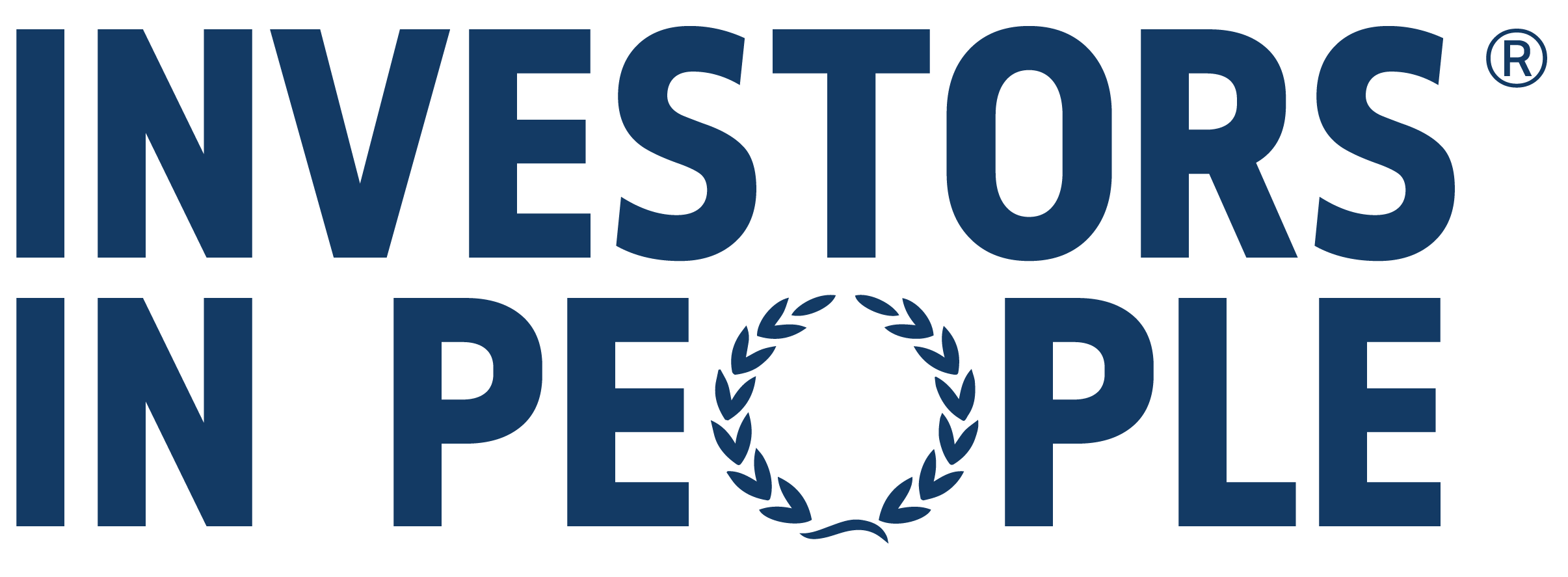If you’re a manager that doesn’t delegate efficiently, you’re an inefficient manager. It’s as simple as that.
Delegation unlocks productivity and learning in the workplace: it’s how you deploy effort effectively and how you ensure that effort becomes more productive over time.
So if you’re disadvantaged in the delegation department, it’s time to upskill fast. Otherwise you, your team and your organisation will suffer.
Let’s tackle your concerns and get you on the road to better delegation today.
You dread delegation because… you don’t know what to delegate
This question is much easier to answer if you turn it on its head. What can’t you delegate?
What can you and only you do? This could be because only you have the skills, or because the task is sensitive, or because you were hired to do exactly that task.
Everything else can be delegated. Not that it always should be – a short timeframe and a high degree of knowledge transfer needed to delegate may force you to do a task yourself.
But if it can be delegated, challenge yourself: why aren’t you delegating it?
You dread delegation because… you don’t know how to delegate
If you fear something, you don’t find doing it easy.
So give yourself a helping hand when it comes to delegation. Do some internet research or talk to some colleagues for help.
And when you have the ‘delegation conversation,’ make it clear what you’re doing.
“I’ve got a task I’d like to delegate to you.”
An Excel ‘delegation sheet’ you use whenever you delegate can also help you formalise some parts of the task you find particularly hard, like setting clear expectations.
You dread delegation because… you fear losing control
There are degrees of delegation that hand over varying levels of ownership, from asking for a simple recommendation to passing on full decision-making responsibility.
Understanding what level is most appropropriate for the task, and how it affects your own involvement, will help you feel comfortable about delegating.
Equally, it’s important – whatever level of delegation you choose – to set clear expectations around outputs, outcomes and deadlines.
That way you maintain control of the task result at all times.
You dread delegation because… you want things done ‘properly’
Perfectionism is delegation’s mortal enemy. If you’re a perfectionist, bear in mind your definition of ‘properly’ probably means ‘your way’ – which may not be the best way…
In the workplace, it’s essentially the outcome that’s important, not the way a task is done. There’s more than one way to skin a cat and someone else’s way may actually be better.
Even if your way is better, resisting delegating can be bittersweet. A task done is better than a task dwelling on your to-do list because you don’t have time.
And then there’s the opportunity cost of overloading yourself to make sure everything is ‘done properly:’ what is the extra stress doing to your overall effectiveness?
You dread delegation because… you don’t want to overload people
Inexperienced managers under-delegate because they’re concerned about overloading people.
But this assumes their people have poor time management and prioritisation skills.
If you delegate properly, by providing clear outcomes, deadlines and clarity over the task’s relative priority, you’re giving people everything they need to manage their workload.
And if you give them all this and it doesn’t all get done, either they truly are overworked – in which case you have a conversation – or they need help developing their prioritisation skills.
You dread delegation because… you fear holding people accountable
Holding people accountable is a core part of delegation: there should always be expectations set, with clear deliverables and clear timeframes.
You’re holding them accountable for the expectations you set, not the task outcome. While you can delegate responsibility, you can’t delegate overall accountability.
So while you’re not doing the task directly, you’re still accountable for the outcome. That’s why delegation works like a boomerang: the person must return to you eventually to report.
It’s always healthiest as a two-way street, even when you delegate full decision-making responsibility.
By the way, we’ve written a whole article on this point. It’s worth checking out.
You dread delegation because… your people lack skills/knowledge
Delegation is your number one tool to develop your people.
The 70/20/10 model of learning suggests people get 70% of their learning at work through day-to-day experiences.
This far eclipses interactions with others (20%) and formal training (10%).
In other words, learning through doing – with clear expectations around deadlines and outcomes – is the best way to upskill your people.
Ultimately, delegation is the gift that keeps on giving. The first time can be painful, if there’s a sharp learning curve, but once someone is upskilled, they’re upskilled permanently.
Which makes delegation, and being productive as a team, so much easier in future.
Dab hand at delegation? Take a look at how you can stop dreading managing different types of people.






